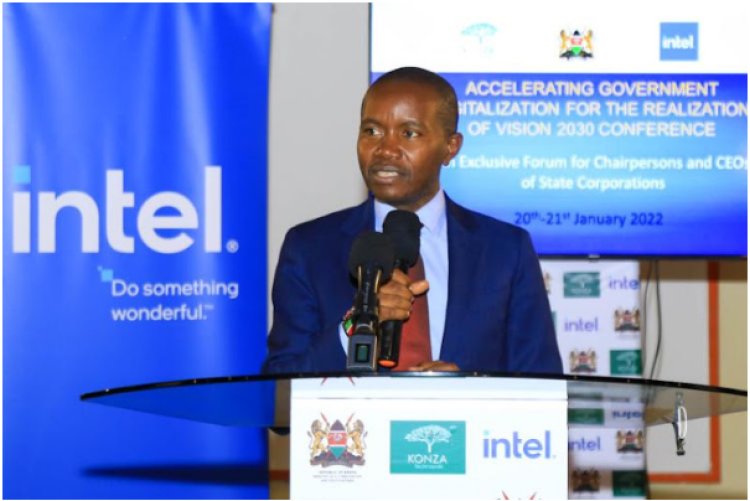20,000 Cops To Be Trained In Digitisation Programs By Huawei And ICT
In a new agreement, the ICT ministry plans to increase the degree of technological skill capability among its ICT personnel across the country.

Under the terms of the agreement, 20,000 officers, professionals, and students would be put through a thorough training program aligned with the government's ongoing digitization and digitalization efforts.
ICT CS Joe Mucheru and Huawei Kenya Chief Executive Officer Will Meng announced the arrangement.
Huawei Kenya Engineering Training Academy was the recipient of the contract.
Mucheru added, "We appreciate Huawei's commitment and support not only in contributing to the development of Kenya's ICT infrastructure but also in raising ICT skills across various levels."
"This new program, the largest of its sort in our history, is similar to the software development element of ICT capacity building and will take three years to complete."
Mucheru stated that the skill sets of government officers with various degrees of qualification will be upgraded.
The two groups will collaborate for the next three years under the terms of the collaboration agreement.
This is in order to expand ICT skills across the country as more government services go online and more Kenyans embrace digital connectivity.
Meng believes that merging private and public sector expertise has proven to be a successful strategy for unlocking the country's potential and boosting growth.
"We believe that training public servants in the use of technology is critical in enforcing numerous little reforms that have significant benefits, thus unleashing the government's potential," he said.
Huawei will cover the entire cost of the training sessions, he said.
900 civil officials from various government agencies had also graduated from a trial capacity-building program at the time of the announcement.
For their remarkable performance, twelve of them received awards.
The training was divided into two cohorts, one for technical training and the other for non-technical instruction.
"As we begin this new relationship, we will address current deficiencies in business and academics, as well as inculcate new skills among the existing public sector workers," said PS Jerome Ochieng.

























